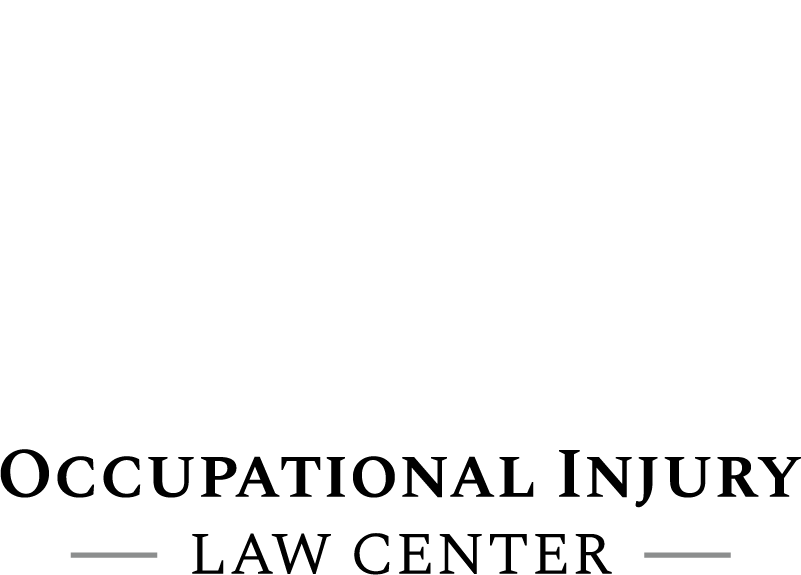Your job may require you to perform the same function fairly regularly. Secretaries, stockbrokers and data processors all rely on typing to get valuable information across to others. This repetitive motion may cause serious and long-lasting health effects.
Carpal tunnel syndrome is one of the most common injuries workers sustain. The affliction is not only for those who spend hours at the keyboard – truck drivers, nurses and factory workers may also experience it. Keep some of the common signs and symptoms of this painful and debilitating issue in mind.
Causes
Carpal tunnel syndrome occurs when the wrist and hands repeatedly perform tasks that put pressure on the median nerve that runs down the arm. If you type, keeping your wrists down on the desk day after day may eventually result in the development of the injury.
Signs and symptoms
The symptoms of carpal tunnel typically come on slowly. The most common is achiness in the wrist and hands. Your fingers may begin to tingle, or you may find it difficult to move your pinky independently of the ring finger. You may feel the need to shake your hands every so often to ease the discomfort. You may also feel like you have less strength in grasping and gripping. As the injury progresses, so does the duration of the discomfort.
Treatment
Several measures can help alleviate the discomfort of carpal tunnel syndrome. First, changing your position every so often or finding one that places less pressure on the wrists may stop the progression. Second, over-the-counter wrist splits and hand immobilizers help keep your wrist from bending in the wrong direction. Finally, if conservative measures fail, a doctor may perform carpal tunnel release surgery. During this procedure, the doctor takes pressure off the median nerve, the source of the pain.
Preventing carpal tunnel syndrome by taking frequent breaks, improving posture and hand positioning, and easing up on the tension in your hands is the best route. However, if you find yourself already feeling the effects of this affliction, you may want medical intervention.

